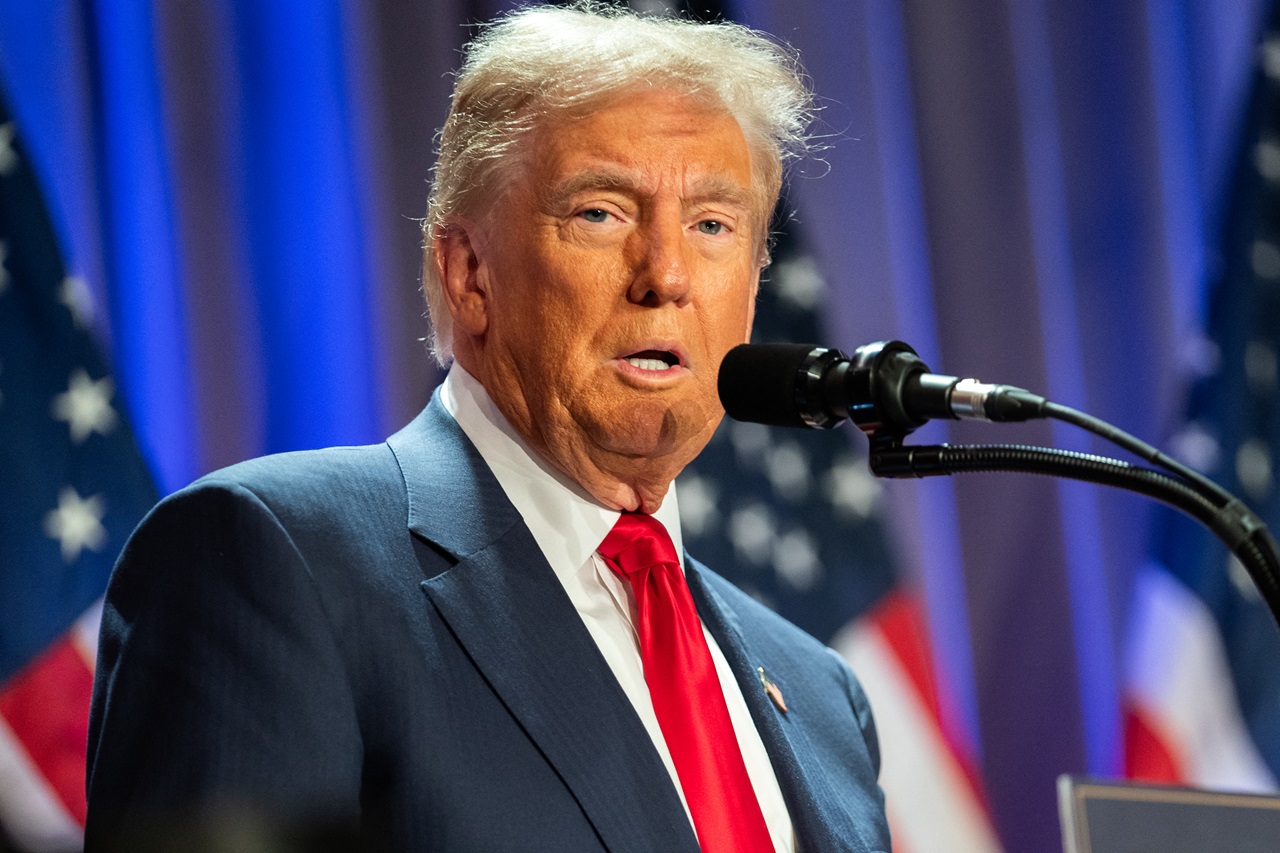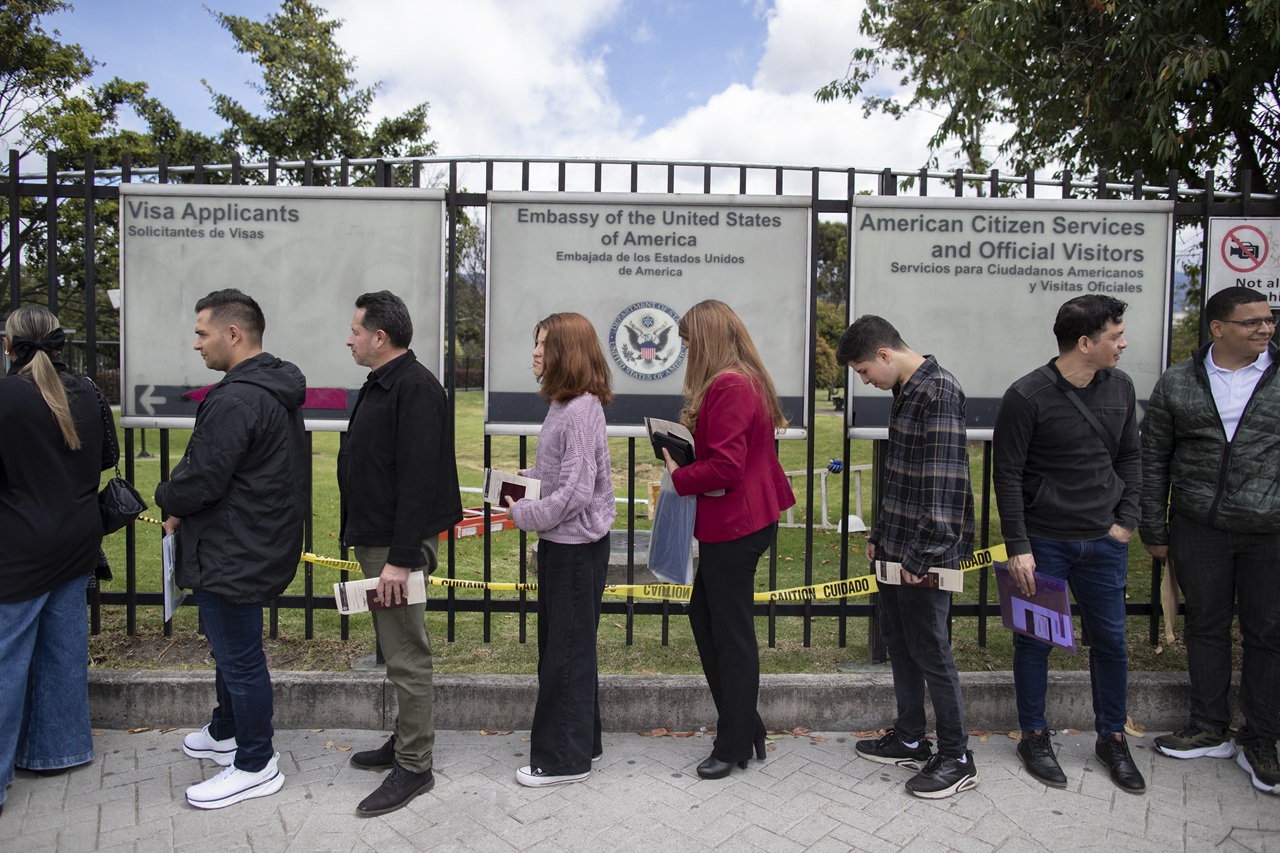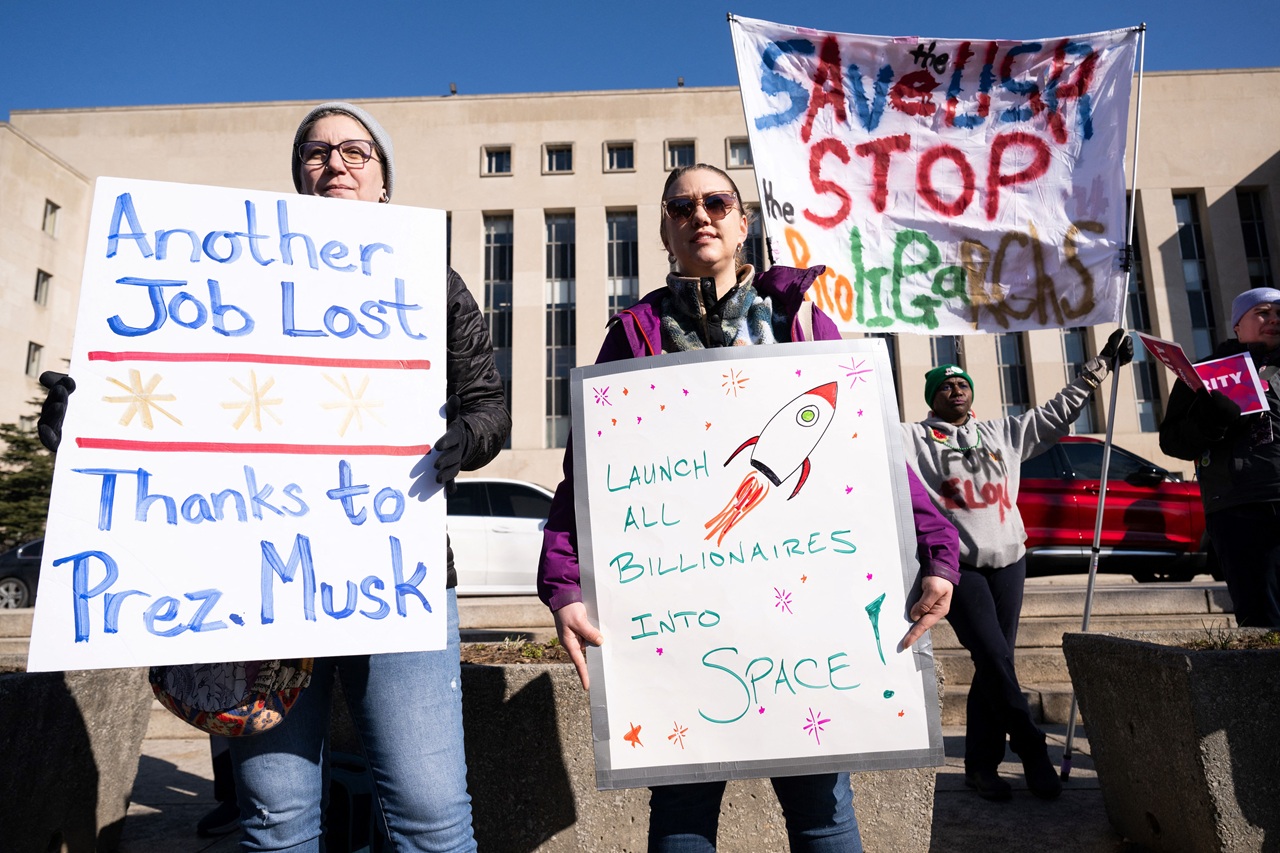
Meet your candidates: Michele Lawrence for U.S. Congress
Michele Lawrence is running against Rep. Brendan Boyle to represent the 2nd District of Pennsylvania, which includes communities in North and Northeast Philadelphia. The Pennsylvania primary election takes place on Tuesday, May 15.
Lawrence is CEO of MicheleSpeaks, LLC, a company that provides empowerment tools, educational opportunities and strategic planning services to help people build wisdom and wealth. Prior to launching the company in January 2017, Lawrence spent nearly 30 years in the banking industry. She served as Area President and Senior Vice President for Wells Fargo’s Greater Philadelphia Region before retiring.
In 2011, Lawrence founded the Saving Our Boys Leadership Development Institute, an organization that helps young men in middle school and high school build character and leadership skills.
Born and raised in Newark New Jersey, Lawrence lives in Fishtown. During our interview, we spoke about her experience in the private sector, the importance of improving education, her experience serving the Latino community, and her support of a ban on semi-automatic assault weapons.
(This interview has been edited for clarity and brevity.)
What made you want to run for Congress?
When I retired, I did not say, "Let's go run for Congress." This became an assignment for me. I take it very personally that when I am given direction—no differently than the direction I believe I had around retiring—that when I received this direction, that it is time to go serve publicly with what you have already done privately, that I own that. Interestingly enough, five years ago, my father said, "You should run for Congress." And I looked at him, like "What?" He said, "Yeah, you have a care for people. You're committed. You're always making sure that there are resources, and we need people who won't be bought or sold, who will actually get down there and advocate and make good sense." And at that time, I said, "No, Dad, you've got the wrong one." (laughs) "I still have plenty of work to do here."
But he was right. This is a journey about representing folks whose voice doesn't often get a chance to be heard. It's about making sure that there are adequate resources being brought back to a district that has suffered for many decades around poverty, and yet there are budgets and allocations and we just need to make sure that they come back and are distributed to communities that need it most.
See, I understand, from being in the finance background, "same" and "fair" are not synonyms. Most folks focus on: "Well everybody needs to get the same." Well, I can get the same and be in a deficit, because you're trying to make sure that it's the same amount of portions. But if my situation calls for more, and I'm working just as hard then you should help me bridge my gap by giving me what's needed to bridge the gap, and not focusing so much on, you know, "It's the same. We're gonna treat everybody the same. Everybody gets an award..." Well, no, because I still have to get to a living affordability, and giving me the same ration you would give someone else who doesn't need as much means that I'm still operating in the negative.
What steps can you take as a congresswoman to address that inequality?
There are a couple of components that I'm looking at that create those issues. I'm a root cause person. I don't believe in dealing with the ancillary. Now I recognize we're going to have to have what I call the "sandwich approach," but the first thing is around education. And I know everyone goes, "Yeah, Michele, we've been talking about it for so long." At the end of the day though, if we keep saying, as a country, that we care about America and we're gonna make it first and the best and stay on the cutting edge, then we have to stop cutting the very thing that would bring us to that level. The more we cut funds, the more we're cutting innovation. The more we're cutting into us growing and thriving. And so we're gonna need to take a look at that 6 percent national budget and say, "It needs to increase."
It's not creating a new wheel. It's actually going back and putting air in an old one. We used to have more funding around early learning, elementary and secondary. We have shifted those funds. We can't do that any longer. When you're here in Philadelphia and you have to have a "Read by 4th" program, that says something unto itself. We should be reading all along, from kindergarten. Why do we have to have a program that says "read by 4th grade?" It is needed and necessary, but we have to make sure that that doesn't become the next generational issue, that we are running "Read by 4th" programs instead of having what's necessary to bridge the gap.
Now, I recognize that education is a state and a local issue, but there needs to be more partnerships and collaboration at the federal level that says, "How do we network together to utilize what's in the federal budget to help bridge the gap in the districts that need it most it?" The other piece is that it also helps when you have collaborations from the private sector. When I was in the private sector, we adopted 12 schools. Those schools are still being addressed and having their needs met. Now, the private sector can't bridge all gaps, but there was an accountability where the private sector came together, the company that I worked for came together with those institutions—arts and culture—to bring those kinds of experiences to these 12 schools who would otherwise not have. We strip are and culture and sports out of these schools and then we wonder why children don't know how to collaborate, don't understand teamwork, don't understand how to use their creative juices. Well, you just took everything. It's time to bring those things back in, and through a partnership where you have private, you have the government, you have the local all working together to help this generation grow and blossom. That's what's needed most.
CONTENIDO RELACIONADO
See, we are elected for the people, by the people, and somehow that elected official sometimes may have taken us from what we used to be, which was public servants. We are elected to serve the public, and we should never lose sight that the outcomes are never meant for us and our agenda, but for those that we represent. And I'm looking forward to advocating, to building systems, to collaborating to bring back resources that are going to lift this community. And can it be done overnight? No, I'm not foolish enough to think that. Besides, I ran a business for 20+ years at $5 billion—you don't lift anything overnight but you certainly build a plan that requires collaborative efforts that are well-defined, and you have to use words and systems like accountability. If we're going to have progress, everyone has to pull their weight. Everyone. And that's all the people electing us are asking for, and that is my commitment to our community.
Look, hold me accountable, but when I bring you what you need, understand that I'm going be looking at that accountability on your end as well because it's a partnership, this growth. The best thing about running—and I haven't done it in a long time—but the best thing about running is the baton-passing. Everybody has to run their lap and do their leg. The more we do that, the more we lift our city, and the more we lift our communities. That's what I'm looking for us to do, and that's not in one term. That's not gonna happen in one term. So the idea is to get in and build the foundations so we continuously are growing year after year after year, and demonstrating and celebrating the progresses and identifying where the tweaks are necessary.
Pennsylvania's 2nd District has a sizable Latino population. What experience do you have serving the Latino community, and in what ways do you intend to serve Latinos in particular as a congresswoman?
I do have experience from the private sector. When I first came over to Philadelphia, I was actually given North Philadelphia, Kensington... I virtually had the El. And then I had sprinkles outside of that. The first thing I did when I went to visit my branches is that we had people of the community working in my branches. And so I was very deliberate around, "We're not doing any of the hiring until I know that we have representation and a reflection of this community." And just because it's Latino—you have Puerto Ricans, Cubans, Dominicans—you wanted to make sure that every ethnicity was represented. And I worked and partnered to make sure that those things happened.
I intended and still intend to make sure that we have information in Spanish and in English because I want to there is something about valuing a culture and a heritage. And I didn't just pick this up from being here in Philadelphia. I led a Spanish community even when I was in New Jersey. We had, literally, pockets and sections: this was the Portuguese section, this was the Puerto Rican section. So I have been leading and working and serving in this community. I was working for 28 years, so 25 of my 28 years have been serving and collaborating with this community.
I have been very intentional with sitting down with both small businesses, with the people of the community, doing a listening tour to say, "What do you need?" It's one thing for me to assess because you can do that when you're running: "Well, this is what I think you're looking for." But it's another thing to sit down and shut up and say, "What has been your experience? Where do you need help, and where do you need advocacy?" That's what's most important.
They need to know that I am going to make sure that there are unbiased immigration laws. It makes no sense. Now, some folks go, "I just don't listen to Trump and I didn't look at his State of the Union!" I did. And you know why I listened? Because I wanted to know what he was talking about. He had his immigration laws—these four pillars that he was describing. I looked all within those four pillars to say it's laced with bias. So if you're telling me that there needs to be a pathway to immigration, absolutely I agree with you, there needs to be a pathway. And we need to collaborate and identify how we move the population to citizenship, not exportation, which is what you're looking for. And then we don't classify, like "Here's the elite that need to enter our country." Well, who are you to determine that?
If we talk about some of how this country got started... I'm a history major. Queen Elizabeth told Columbus, "You wanna go and see if the world is round? I'll empty out these prisons. That's who you can take to go find out that it's round." So there are things that we just need to embrace. Now, I am also challenged that [Trump] thinks that everyone that comes into this country is either a gangbanger or every association with something that's negative... It's not true. It's not true. We all contribute to this country. We all have poured in sweat, blood, and tears. I agree there needs to be a pathway. I agree there needs to be a structure in which we get everyone to citizenship. I don't agree on how. So we can agree on the outcome, I disagree with the path that he wants to take, and that's what I would advocate. There has to be an unbiased pathway that says, "Here how our doors are open, and they're open to everyone that meets these criteria, which are more inclusive than exclusive."
For our full interview with Michele Lawrence, visit us on Facebook.










DEJE UN COMENTARIO: